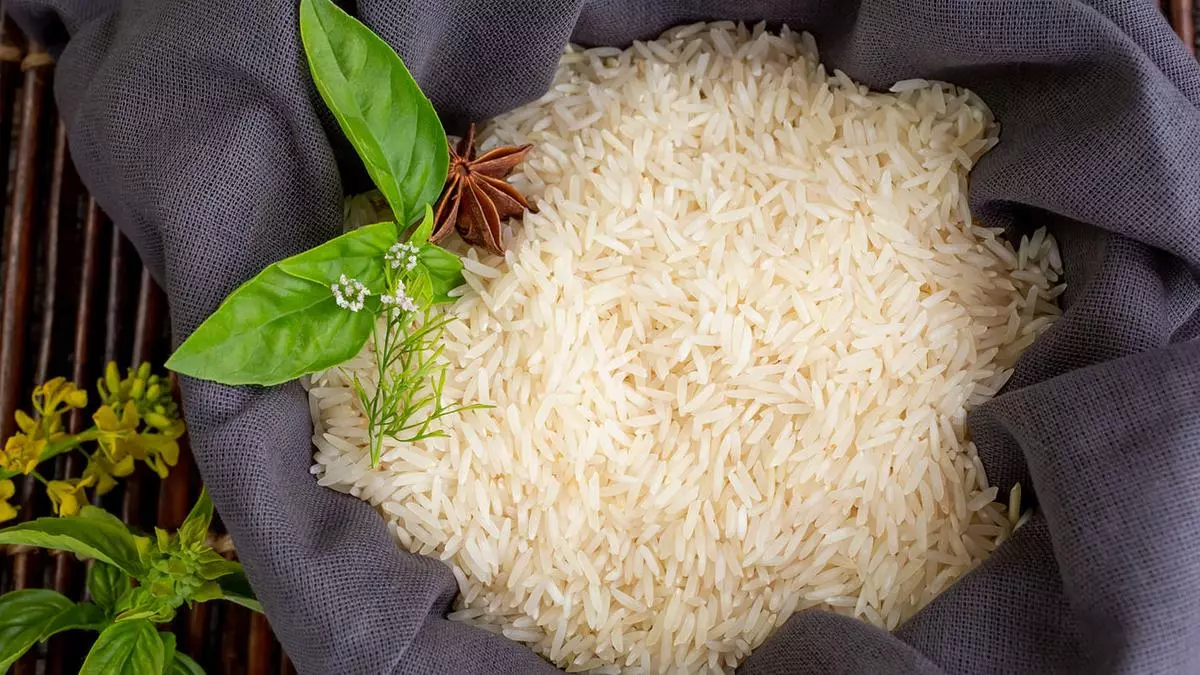Basmati crop likely to increase 15-20% on higher acreage
Prospects for the basmati crop this year are projected to be good on increase in acreages and the crop size is likely to be higher by 15-20 per cent over last year, according to the trade.
“The new crop is looking good. The rains have been good this year. Farmers, who had received good realisations last year, have increased the area. The expectation is that the crop will be good this year and will increase by a minimum of 15-20 per cent,” said Satish Goel, President, All India Rice Exporters Association (AIREA), the apex trade body of basmati exporters.
As per Apeda’s basmati crop survey carried out in kharif 2023, the basmati production was 98.45 lakh tonnes and acreage stood was over 21.35 lakh hectares.
Iran shipments at standstill
While the output growth will be coming mainly from the increase in area, a clearer picture on the yields will emerge once the crop survey, being taken up by AIREA, gets completed sometime next month and the new crop arrives into the market, Goel said.
The prices of basmati paddy have already started coming down in anticipation of a good crop. Also, the fact that exports are currently not happening to Iran, a major destination for Indian basmati, is weighing on the prices of basmati paddy. Iran has currently imposed its customary three-month ban on rice imports to protect its domestic growers till October-end.
The prices of early sown varieties like the Pusa Basmati 1509 which have hit the markets in parts of Uttar Pradesh and Haryana have crashed to the levels of around ₹2,300-2,600 a quintal from the same period last year’s ₹3,500-3,600 levels, Goel said. The modal price — the rate at which most trades take place — of basmati paddy 1509 stood at ₹2,695 at Jundla in Karnal on Monday.
Cut in MEP
Goel said with a minimum increase in crop size of 15-20 per cent and a 10-20 per cent carry forward stocks, the overall availability is likely to be 25 per cent this year. With a comfortable stock position, the government should look at reducing or removing the minimum export price of $950 per tonne to boost exports, he said.
India’s basmati rice exports registered a nearly 15 per cent growth during the April-July period of the current financial year to top $2.036 billion on strong demand from countries such as Saudi, Iran, Iraq and the USA. This was against $1.774 billion during the same period a year ago. Shipment in volume terms rose to over 19.17 lakh tonnes during April-July, an increase of 19 per cent over 16.09 lakh tonnes a year ago.
